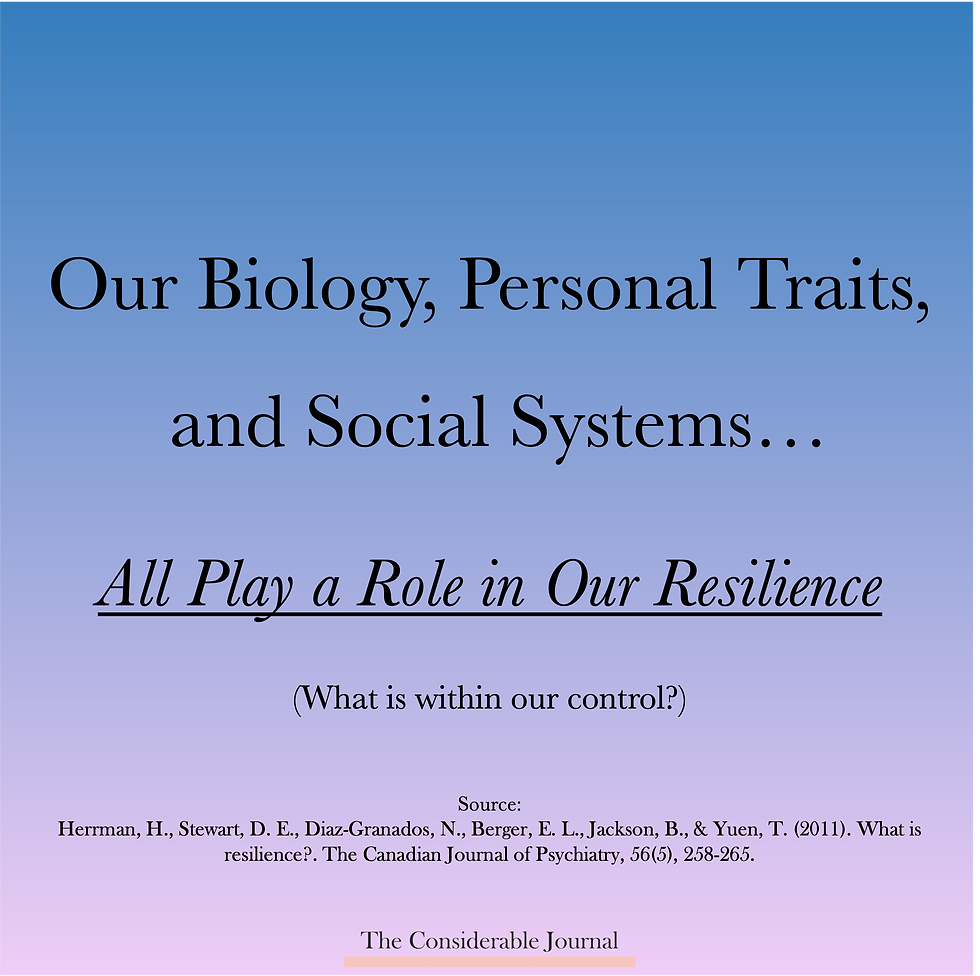Not Getting Enough Sleep Relates to Problems in Mental Health
- Considerable Journal
- Jan 8, 2023
- 2 min read
Updated: Mar 11, 2023

Are you getting enough sleep? Researchers from University of California Irvine studied how sleep influences mental health in undergraduate students. The study, which involved 69 undergraduate students, explored the implications of sleep deprivation on reported mental health diagnoses.
Issues such as anxiety and depression have been reported in undergraduate students around the world, including a report involving over 2000 Taiwanese students. The surveyed students reported that much of their anxiety was attributed to minimal sleep, yet they did not seek psychiatric or medical help to remedy the issue. Even though sleep habits may begin being healthy, there is typically a decline in maintaining those habits.
The 2016 study from Milojevich and Lukowski surveyed undergraduate young adults about their sleep habits and their mental health. The Epworth Sleepiness Scale and Pittsburgh Sleep Quality Index were given to 69 undergraduate students to assess the quality and quantity of sleep. The Adult Self Report Form (ASR) was also administered for participants to report mental health behaviors, substance use, and physiological symptoms. An analysis of variance was used to evaluate the relationship of sleep and mental health.
Results of the study indicated that as sleep duration decreased, difficulties with mental health increased. Poor sleep impacted impulsive actions, pushing boundaries and breaking rules. Lack of sleep also was associated with internalizing problems and not seeking help for mental health issues. The authors recognize that these negative correlations implicate a need for methods that not only increase sleep but lower anxiety and mental health issues.
Meditation, mindfulness, therapy, and relaxation programs are all sleep interventions that can be implemented to increase sleep and mental health. The suggested recommendation is to have at least six hours of uninterrupted sleep a night, and these programs may be able to help. Future research is needed about the impact of these interventions on changes in sleep habits, and ultimately, mental health.
In the end, sleep matters! Have you had enough sleep lately?
Source:
Milojevich, H. M., & Lukowski, A. F. (2016). Sleep and mental health in undergraduate students with generally healthy sleep habits. PloS one, 11(6), e0156372. https://doi.org/10.1371/journal.pone.0156372
Article written by Dr. Tiffany Wicks, Ed.D.
The Considerable Journal.
The Considerable Journal's mission is to bring relevant scientific findings closer to people who seek evidence-based paths to integral well-being, by providing briefed, straightforward expositions of scientific research regarding mental and physical health, relationships, habits, and more.




Comments